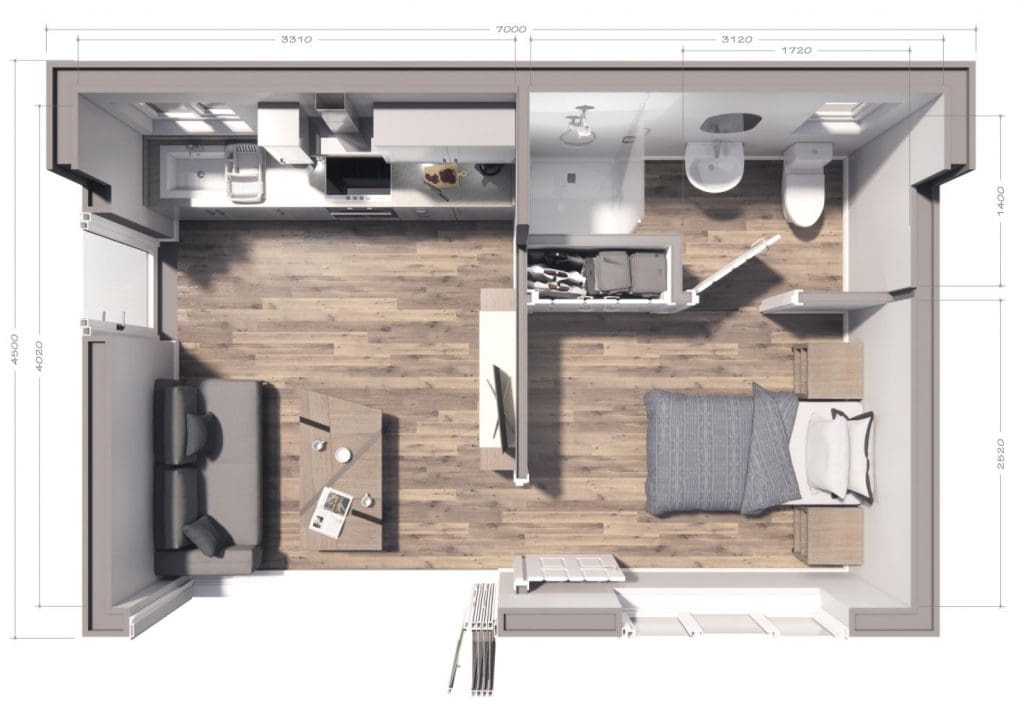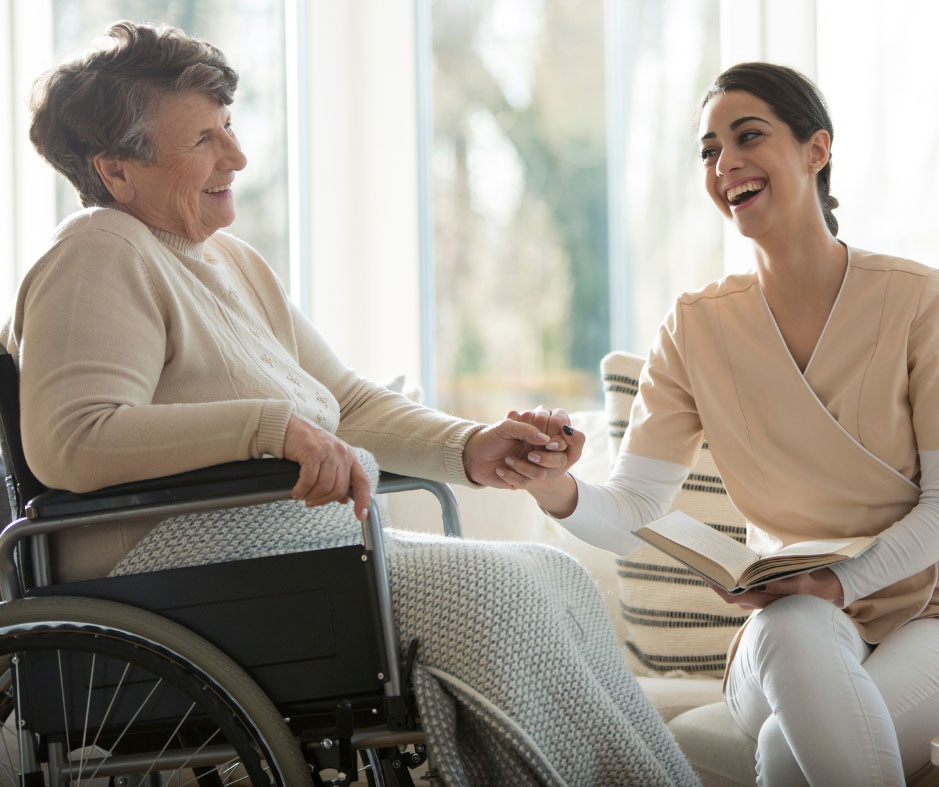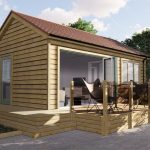Living Options For Disabled Adults
Living with a disability, whether due to an illness, ageing or an accident, can be extremely challenging for the individual and their family.
If you or your loved one has a disability that impacts daily life, you may find that choosing the right living option is tricky. It is particularly difficult to know what to do for the best if you are a carer responsible for a disabled adult.
In this blog, we are going to outline some of the most popular living options for disabled adults.
Garden Annexe
A garden annexe, also known as a granny annexe, is an excellent option if the disabled individual is independent enough to live alone, but may need support from time to time.
Designed to fit your needs, a granny annexe is built in your garden, providing a self-contained and luxurious living area for you or your loved one.
One and two-bedroom annexes are available, and each annexe is equipped with a kitchen, living area and fully-fitted bathroom. If the garden annexe is being designed for a person with disabilities and mobility issues, it can include accessible features. This includes wider door frames, lower kitchen worktops and an accessible bathroom.
Garden annexes provide peace of mind for a disabled individual and their family. They have their own space, privacy and independence, yet are close enough to the family home if they need anything. They are an excellent option for a disabled adult, or an ageing loved one that needs support yet would like to remain independent.
If you would like an accessible home in your garden, the granny annexes at Family Annexe start at just £55,250. We take care of the project from start to finish, including obtaining planning permission if required. And we provide a ten-year structural warranty on all of our projects.

Assisted Living
Assisted living, also known as supported living, is best for individuals that need daily assistance and personal care. For example, they may need support to bathe, dress, take medication and prepare meals. Assisted living is not usually ideal for those who need round the clock care.
There are various types of assisted living options. Some are residential communities, which feature a series of flats that are occupied by disabled adults who need additional support.
Alternatively, assisted living can be provided in the home you already live in, providing it’s adapted to suit your needs.
Independent Living Scheme
Independent living schemes, also known as sheltered accommodation or sheltered housing, are designed for seniors aged 65+. However, they are also available to younger disabled adults that can live comfortably alone.
Housing associations or local councils are often responsible for independent living schemes, which feature a number of one-bedroom apartments. The apartments have a living area, kitchen, accessible bathroom and single or double bedroom.
The schemes also have communal features, such as a communal lounge for resident events, a communal laundry room and landscaped gardens.
These schemes also feature added safety and support if needed. For example, the apartments have accessible features and emergency pull cords. They usually have a scheme manager that is always on hand to help if required.
Home Adaptation
If you or your loved one would prefer to stay in the existing home, then home adaptations are the best option. This can include small adaptations, such as the installation of ramps and grab rails. Or it can include larger adaptations, such as widening the door frames and installing a stairlift.
Alternatively, you could have a modular home extension. Designed and installed by the same company that produces Changing Places toilets, modular home extensions feature a fully accessible bedroom and bathroom perfectly equipped for those with disabilities and mobility issues.
Shared Lives Schemes
Shared lives schemes, also known as adult placements, match a disabled adult with an experienced carer, who then provides daily care.
The carer will become a large part of the individual’s life, spending time within the family and community. The carer may even live in the same home, or they may visit daily and spend some nights there.
Shared lives schemes are often used to teach disabled adults the skills they need to live safely and independently.
Get In Touch With Family Annexe
If you would like to find out more about garden annexes, get in touch with Family Annexe today. You can call us on 0330 1332 668 or email us at info@familyannexe.com. Alternatively, check out our range of one and two-bedroom annexes, including prices, here.
Family Annexe is a small, friendly business with a wealth of experience and expertise when it comes to garden annexes.



